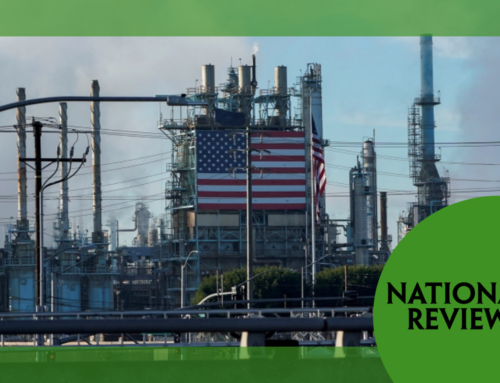Courtesy of Houston Chronicle
Gulf Coast refiners and Texas oil producers are poised to reap a substantial windfall from a shift to cleaner fuels in the shipping industry that would dramatically hike demand for diesel fuel and the lighter grades of crude oil produced in the Permian Basin and other Texas oil fields.
In less than a year, the International Maritime Organization, a United Nations agency that oversees international shipping, will impose new pollution rules that will force most of the shipping industry to shift from a cheap, dirty fuel with high sulfur content to low-sulfur, cleaner burning marine fuels made with diesel. Analysts say the shift could significantly boost demand for diesel – by as much as 20 to 30 percent.
Gulf Coast refiners expect to see profits soar after decades of building some of the most complex refineries in the world that can produce diesel and lower sulfur products without having to add substantial capital upgrades. The U.S. Energy Department predicts that refineries could see their profit margins for diesel jump 35 percent in 2020.
“Basically you could almost say this is a windfall (for Gulf Coast refiners) in the form a regulatory move,” said Stephen Jones, senior vice president and global head of oil products at Argus Media, an energy industry research, pricing and analysis firm.
Ships have long burned a product know as bunker fuel, which is refined from the heaviest crude with the highest sulfur content and described by one analyst as “the nastiest, most contaminated fuel.” International regulations that go into effect in Jan. 2020 would essentially ban today’s marine fuels by vastly reducing the amount of sulfur fuels can contain, from 3.5 percent to a half percent.
Read Full Article Here (HoustonChronicle.com)







Leave A Comment